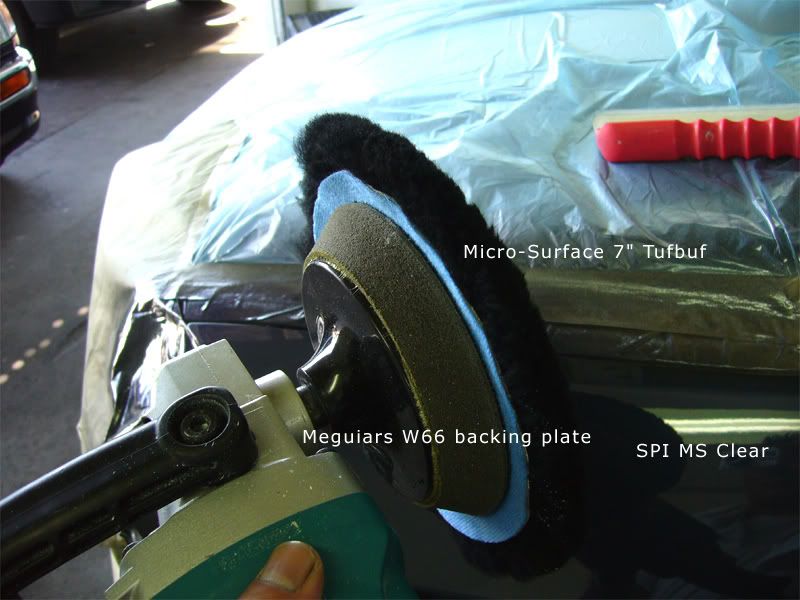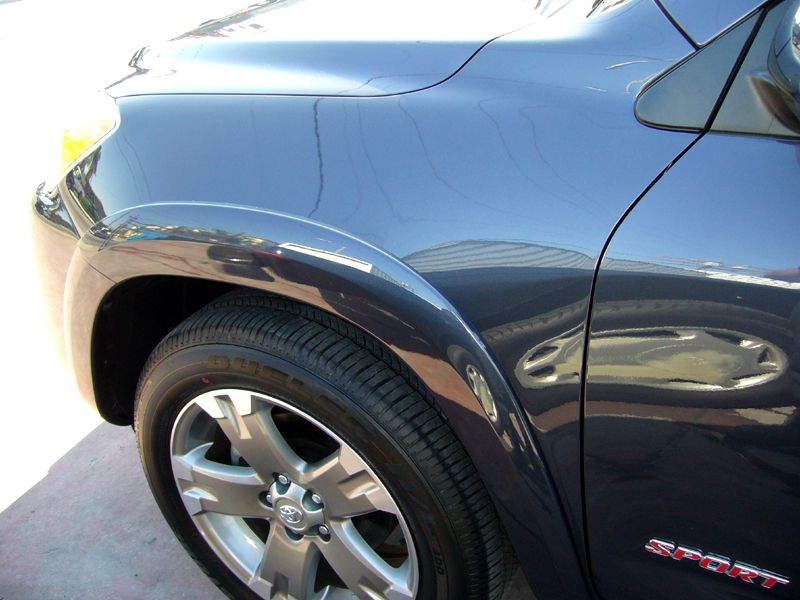DetailnByDustn
New member
Okay I been detailing with a PC for the last two years, done about 120 cars with it, and love it but wanting to purchase something that works better and removes the most imperfections in the paints clear coat, I'm kind of scared of using a rotary because of burning the clear, but don't car to practice on a lot of old hoods until i get the hang of the new machine.
I've heard a lot of good reviews about the flex, most of them saying its a lot better than the pc, removing the most imperfections, and its still pretty safe as far as not burning the clear as bad as a rotary.
So if you were wanting to buy either a Flex or a Makita which one would you buy? Be in thought I still own a pc, If I bought the makita. Thanks
I've heard a lot of good reviews about the flex, most of them saying its a lot better than the pc, removing the most imperfections, and its still pretty safe as far as not burning the clear as bad as a rotary.
So if you were wanting to buy either a Flex or a Makita which one would you buy? Be in thought I still own a pc, If I bought the makita. Thanks


